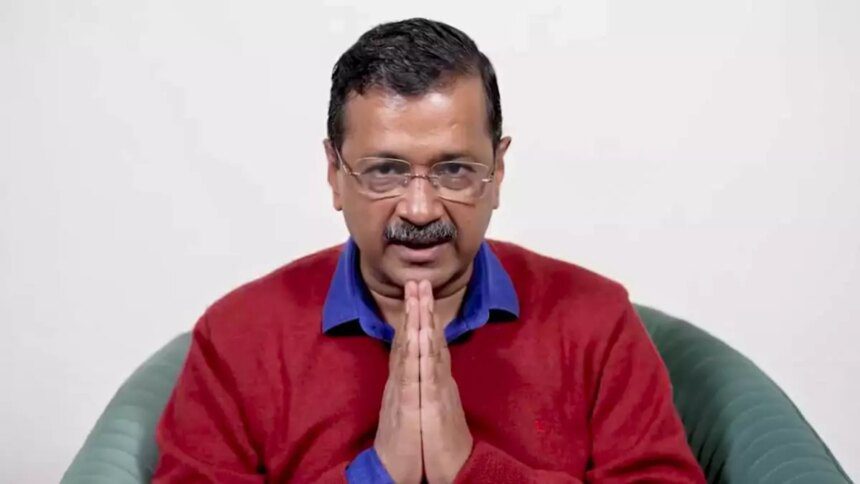Arvind Kejriwal, who twelve years ago ended the political legacy of the formidable Sheila Dikshit through a major anti-corruption movement, found himself on the losing end in the very constituency where he had achieved three consecutive electoral victories. His initial success was built on the promise of ushering in a new style of politics, but on Saturday, he appeared diminished in the face of his recent defeat.
After a visibly shaken Kejriwal accepted the election results and committed to continuing his efforts for the people, Prime Minister Narendra Modi offered a pointed critique of the situation following the Aam Aadmi Party’s (AAP) significant loss in Delhi. Modi remarked, “AAP emerged with a pledge for a transformational politics, yet it has revealed itself to be mired in corruption. I was reflecting on Anna Hazare’s comments today; he noted that the election results affirm his long-standing warnings and relieve him of the discomfort of seeing his movement tarnished by these individuals. This party, which initially arose from an anti-corruption platform, has now become what it once opposed. Its Chief Minister and ministers have faced legal repercussions for corruption. They falsely praised their own integrity while disparaging others, even as they engaged in fraudulent activities. The liquor scam was a profound breach of public trust. While citizens struggled during the pandemic, they were busy constructing a metaphorical ‘sheesh mahal’,” he stated in a damning assessment of Kejriwal’s tenure.
The Prime Minister also hinted at the consequences awaiting Kejriwal, who currently finds himself out on bail in the wake of corruption allegations. “The people have spoken. The CAG report will be presented at the first Assembly session, and a thorough investigation into corruption will take place. Those who have misappropriated funds will face consequences. This is Modi’s assurance,” he declared.
Kejriwal’s electoral defeat was indeed striking; he lost to BJP candidate Parvesh Sahib Singh by a margin of 4,089 votes. Singh received 30,088 votes compared to Kejriwal’s 25,999. Furthermore, several senior AAP leaders suffered defeats, including former Deputy Chief Minister Manish Sisodia, who transitioned from the Patparganj constituency to a supposedly safer seat at Jangpura yet lost to BJP’s Tarvinder Singh Marwah by a slim margin of 675 votes. Former Minister Satyender Jain also faced defeat in Shakur Basti, losing to BJP’s Karnail Singh by 20,998 votes. Another key AAP figure, Saurabh Bharadwaj, fell short against BJP’s Shikha Roy by over 3,000 votes. The only notable victories for the AAP leadership came from outgoing Chief Minister Atishi and her cabinet colleague Gopal Rai.
Overall, AAP managed to secure only 22 out of the 70 seats in the Delhi assembly, representing a stark decline from the 62 seats it held in the previous 2020 elections, despite attaining a vote share of 43.54%. This significant loss is already echoing in Punjab, which is currently governed by AAP leader Bhagwant Mann.
In light of these developments, the Congress party has claimed that approximately 30 AAP MLAs are considering a switch to their ranks. Congress leader Pratap Singh Bajwa remarked, “There’s a division emerging between Punjab AAP and Delhi AAP. Bhagwant Mann is in communication with the Ministry of Home Affairs. It wouldn’t be surprising if he becomes the next Eknath Shinde when this political upheaval touches down in Chandigarh.”
Kejriwal’s own situation appears precarious as he has been named as a suspect in connection with the infamous Delhi excise policy case from July of last year. He was arrested alongside his close associate and former Deputy Chief Minister Sisodia, who is also entangled in the liquor scandal.
Additionally, a separate investigation into alleged irregularities regarding the renovation of the Delhi Chief Minister’s residence—referred to by the BJP as the “Sheesh Mahal” due to supposed excessive expenses—dealt a final blow to Kejriwal’s self-constructed image as an anti-corruption champion.










